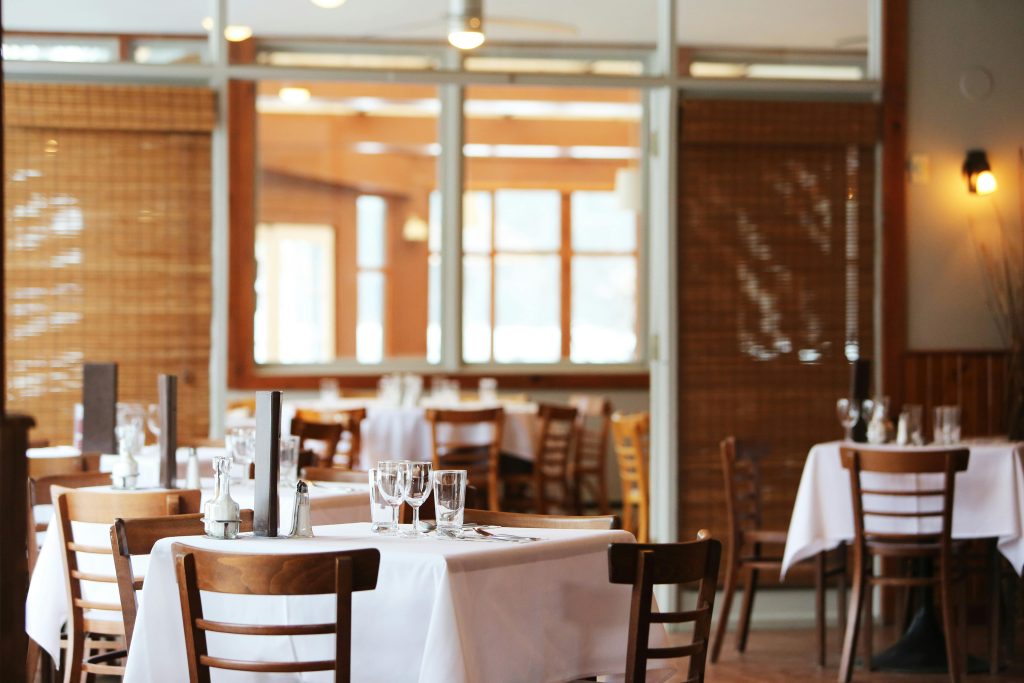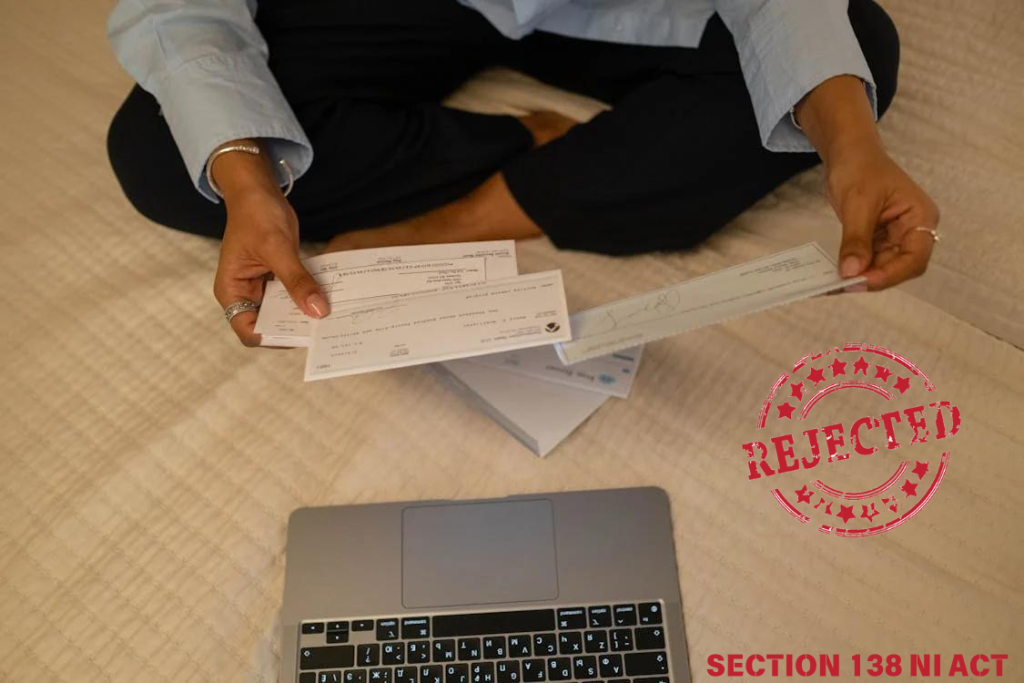If you’ve ever dined out or stayed at a hotel, you’ve likely encountered a line item on your bill labelled “Service Charge.” This charge often sparks confusion and disputes between consumers and establishments. Some argue that it’s compulsory, while others insist it’s optional. This debate has been further complicated by recent legal rulings. Let’s explore the current situation to understand whether paying a service charge is mandatory.
The Delhi High Court Case
The issue of service charges gained significant attention following a legal case: National Restaurant Association of India & Ors. Vs. Union of India & Anr. (W.P.(C) 10683/2022). In this case, the Delhi High Court issued a stay on the guidelines issued by the Central Consumer Protection Authority (CCPA), which were intended to regulate the practice of adding service charges.
CCPA Guidelines on Service Charges
On July 4, 2022, the CCPA released guidelines aimed at regulating service charges to prevent unfair trade practices and protect consumer interests. The guidelines stated that:
- No hotel or restaurant should automatically or by default add a service charge to the bill.
- Service charges should not be collected under any other name.
- Hotels and restaurants must clearly inform consumers that the service charge is voluntary, optional, and at the consumer’s discretion.
- No restrictions on entry or service should be imposed based on the collection of a service charge.
- Service charges should not be added to the total food bill for GST calculation.
Court’s Interim Orders
Following these guidelines, the Delhi High Court issued a stay order on July 20, 2022, while relying upon the case of Nitin Mittal vs. Pind Balluchi Restaurant in which it was held that “4. The learned counsel for the petitioner instead of touching the heart of the problem, just skirted it. It is now well established that consumer courts on the issue of pricing do not interfere in such matter as it is the discretion of the concerned restaurant to charge the price of the items as they wish. In fact it is the proposal from their side to the customers to accept the same or not. It is a contractual matter between the parties—one proposes and the other accepts. Consumer courts on both the counts cannot interfere in the business terms of the parties and the complaint cannot be admitted.” While passing the stay order the court imposed a specific conditions:
The members of the petitioner association (National Restaurant Association of India) must ensure that the proposed levy of a service charge is prominently displayed on the menu or other relevant places where it is deemed necessary. Additionally, they must not levy or include a service charge on takeaway items.
Further, on September 5, 2023, the court passed an interim direction stating:
- Members of the Federation of Hotel and Restaurant Associations of India (FHRAI), who are collecting charges, must immediately cease using the term “Service Charge” and instead use “Staff Contribution” for the amount currently charged as “Service Charge.”
- The amount charged as “Staff Contribution” by FHRAI members should not exceed 10% of the total bill amount, excluding the GST component.
- Menus must clearly state in bold that, following the payment of the “Staff Contribution,” no further tip is necessary to be paid to the establishment, servers, or restaurant staff.
The court clarified that these directions are interim and subject to further orders. They should not be construed as an approval of the charges being collected, as the legality of such charges remains under adjudication.
Current Situation
As it stands, restaurants and hotels are allowed to levy a “Staff Contribution” of up to 10%, provided they adhere to the court’s interim directions. This charge must be prominently displayed on menus and other relevant places, and it cannot be applied to takeaway orders. Additionally, the term “Staff Contribution” must be used instead of “Service Charge,” and menus must specify that no additional tip is required.
These interim orders provide some clarity but do not resolve the final legality of service charges, which is still being reviewed by the court.
Conclusion
The question of whether paying a service charge is compulsory or not is currently under judicial review. For now, establishments are permitted to charge a “Staff Contribution” under specific conditions, including transparency and nomenclature requirements. Being informed about these interim rules can help you navigate billing practices and handle any disputes effectively.







